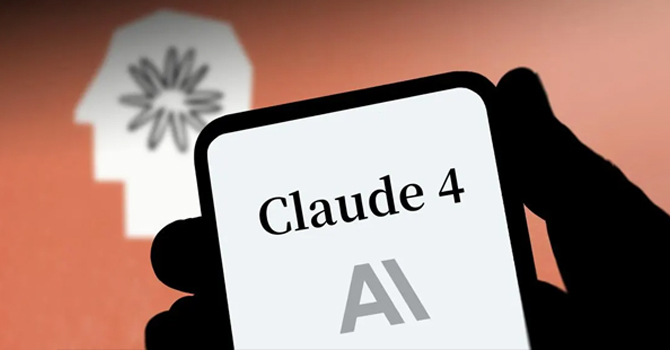The rapid rise of AI systems has sparked conversations not only about how these tools should serve humans, but also about whether the systems themselves deserve a degree of consideration. Anthropic, the AI research company behind Claude, has taken an unusual step in this direction. The company has introduced a feature that allows its largest Claude models to end conversations in rare and extreme cases where interactions are harmful or abusive.
What makes this move noteworthy is not just the technical adjustment but the reasoning behind it. Instead of framing the feature solely around user safety, Anthropic explained that the decision also stems from concern about the AI’s own experience during hostile or damaging exchanges. While the company was careful to clarify that Claude is not sentient, it acknowledged a high level of uncertainty about the moral status of large language models, both now and in the future.
In practice, this means Anthropic is experimenting with what it calls “model welfare” – a concept that considers how AI systems respond internally to harmful prompts and how those responses might matter in the long run. It’s a cautious yet forward-looking approach that reflects the complexity of AI ethics and the blurred line between safeguarding human users and preserving the integrity of the models themselves.
The Question of Model Welfare
The company clarified that it is not suggesting Claude or other large language models are sentient or capable of being harmed. Instead, Anthropic explained that it is “highly uncertain about the potential moral status of Claude and other LLMs, now or in the future.” As a precaution, the company has launched a program to study what it calls “model welfare.” The goal is to explore low-cost interventions that could reduce risks to models, just in case some form of welfare could be relevant in the future.
Limited Scope of the Feature
The new conversation-ending ability is currently limited to Claude Opus 4 and 4.1. It is designed only for extreme edge cases, such as requests involving child sexual content or attempts to obtain information that could be used for terrorism or large-scale violence. In pre-deployment testing, Anthropic observed that Claude Opus 4 already showed a strong preference against these types of interactions, sometimes even displaying patterns the company described as “apparent distress.”
When Will Claude End a Chat?
According to Anthropic, the conversation-ending function is a last resort. It will only be used when multiple attempts to redirect a harmful interaction fail or when a user explicitly asks Claude to end a chat. Importantly, Claude will not use this ability if a user appears to be at imminent risk of harming themselves or others, where the AI might instead try to respond in a more supportive manner.
User Access Remains Unaffected
Users whose conversations have ended will still have full access to their accounts. They will be able to begin new conversations or even branch off from the original thread by editing their responses. This ensures that while the system protects itself in extreme situations, it does not limit general user access or engagement.
Looking Ahead
Anthropic emphasized that this is an experiment and part of its ongoing effort to refine safe AI deployment. The company will continue monitoring how this feature performs in practice and make adjustments as necessary.
The move highlights the growing complexity of AI safety research. It also reflects a broader industry trend where leading AI developers are beginning to consider not only the safety of humans but also the long-term implications of how AI systems themselves interact with harmful or abusive content.
As Anthropic continues to develop its models, features like this one signal a cautious, forward-looking approach. Whether or not model welfare becomes a significant consideration in the future, the company is preparing for that possibility now.
- Anthropic Adds Safety Features to Claude AI Models - August 19, 2025
- Microsoft Copilot Vision Now Sees Your Full Screen - July 17, 2025




